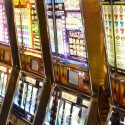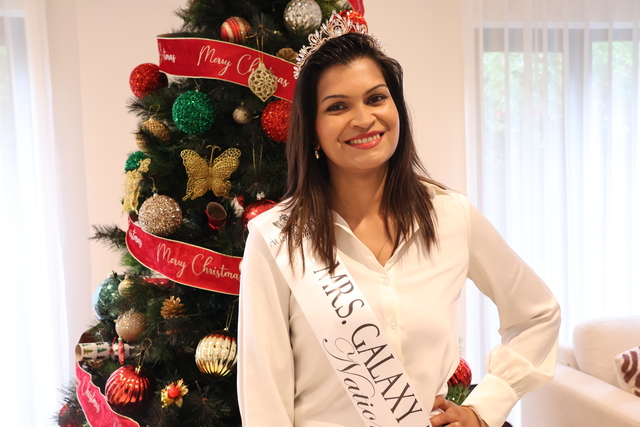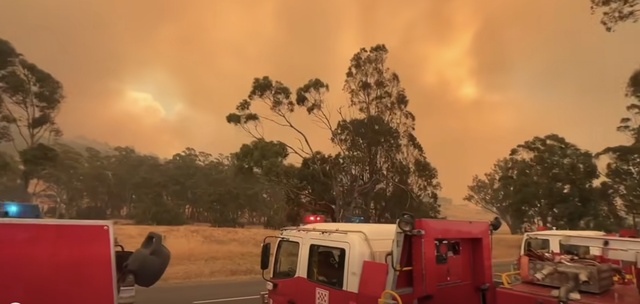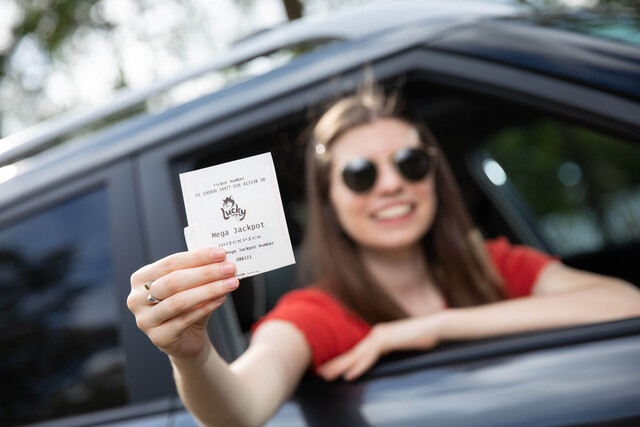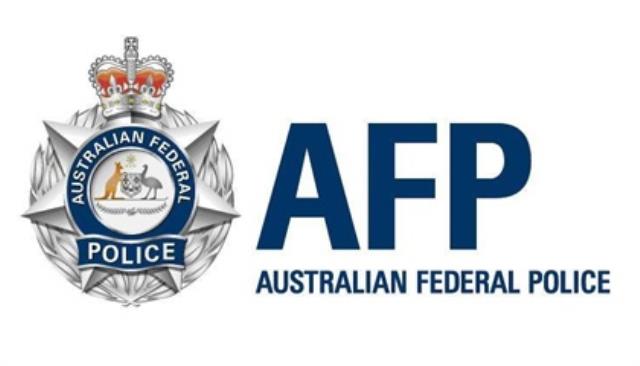By CAM LUCADOU-WELLS
THE heavy cost of poker machines is a high one but hidden from everyday concerns, according to those leading the newly-formed Alliance for Gambling Reform.
Greater Dandenong became one of the first councils to sign up to the national alliance this month.
Within its borders, more than $117 million was poured into pokie-machine slots in 2014/15.
Dr Charles Livingstone, academic and one of the alliance leaders, says that by Productivity Commission estimates, 60 per cent of that figure – or $70 million – would come from problem gamblers in Greater Dandenong.
The council area is the third-highest grossing area for pokies in Victoria, yet also one of the most socio-economically disadvantaged.
“The harm can’t be over-estimated. It flows onto the problem gamblers’ family, friends and employers,” Dr Livingstone said.
He said the alliance – including welfare groups, local governments, inter-church groups – had formed out of concern of the “untouchable” pokies industry “riding roughshod over people’s legitimate concerns”.
“In recent times (the pokies industry) have used their influence to buy political favours and intimidate politicians to get what they want.
“We don’t want to stop people having fun, but we want to stop the harm.
“It’s very hard to get things done to reduce the harm.”
Other alliance members are anti-gambling campaigner Tim Costello, council peak bodies, welfare agencies such as The Salvation Army and Brotherhood of St Laurence as well as the Inter-Church Taskforce against Gambling.
One of the drivers is City of Monash councillor Geoff Lake.
He says Australians spend $16 billion on gambling each year, more than either alcohol ($14 billion), tobacco ($13 billion) or illicit drugs ($7 billion).
About three-quarters of problem gamblers use the pokies. Each loses on average $21,000 a year.
“It’s a hidden impact to some degree,” Cr Lake says.
“It has by far the highest incidence of problem gambling and impact on people’s lives. It’s these machines that are put on every corner, in every community.”
The alliance will seek reducing maximum bet limits to $1 – which Cr Lake would limit losses from more than $1000 an hour to about $100.
Other changes would include requiring regulatory bodies to closely consider the impact of extra machines and venues in disadvantaged areas.
Leon Wiegard, president of clubs peak body Community Clubs Victoria, says pokies opponents overstate the possible amount lost per hour on pokies – a rate that varies between machines and venues.
“The machines simply don’t spin that quickly.”
On setting lower maximum bets, Mr Wiegard said it was akin to “50-cent bets at the TAB … virtually banning them from having the bet they want to have”.
“We live in a world that people are entitled to have a say in how they behave.
“If there’s any gambling going on in the world, there will be losses.”
For 99.5 per cent of gamblers, pokies are a recreational pursuit not a problematic habit, he said.
“It’s come down from 2.5 per cent (problem gamblers) to 0.5 per cent – so we’re winning.”
He said a voluntary self-exclusion program for problem gamblers to ban themselves from Victorian pokie venues had been a success.
“We don’t want problem gamblers. It’s not in our interests for people to go broke.”

